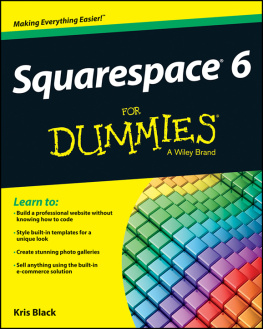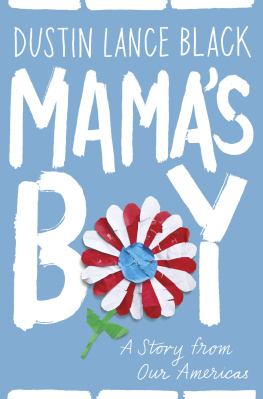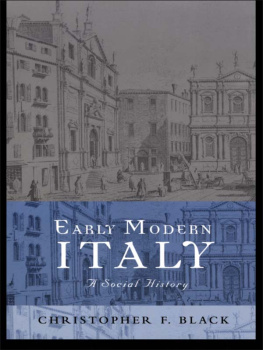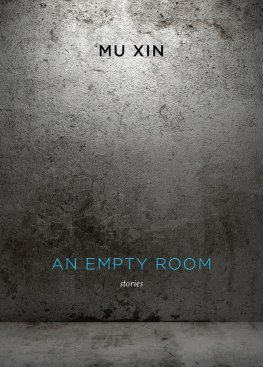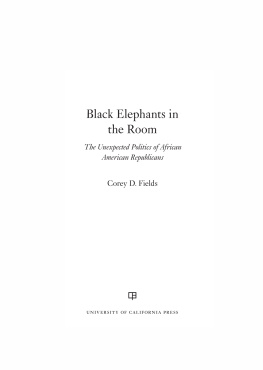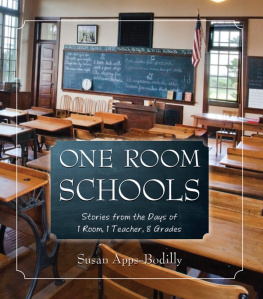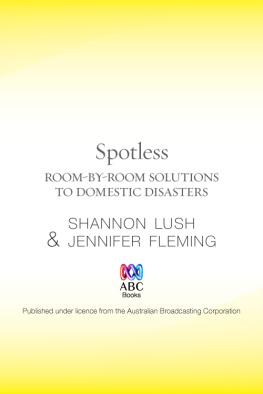Black - A Room of His Own
Here you can read online Black - A Room of His Own full text of the book (entire story) in english for free. Download pdf and epub, get meaning, cover and reviews about this ebook. publisher: Ohio University Press, genre: Romance novel. Description of the work, (preface) as well as reviews are available. Best literature library LitArk.com created for fans of good reading and offers a wide selection of genres:
Romance novel
Science fiction
Adventure
Detective
Science
History
Home and family
Prose
Art
Politics
Computer
Non-fiction
Religion
Business
Children
Humor
Choose a favorite category and find really read worthwhile books. Enjoy immersion in the world of imagination, feel the emotions of the characters or learn something new for yourself, make an fascinating discovery.

- Book:A Room of His Own
- Author:
- Publisher:Ohio University Press
- Genre:
- Rating:4 / 5
- Favourites:Add to favourites
- Your mark:
- 80
- 1
- 2
- 3
- 4
- 5
A Room of His Own: summary, description and annotation
We offer to read an annotation, description, summary or preface (depends on what the author of the book "A Room of His Own" wrote himself). If you haven't found the necessary information about the book — write in the comments, we will try to find it.
Black: author's other books
Who wrote A Room of His Own? Find out the surname, the name of the author of the book and a list of all author's works by series.
A Room of His Own — read online for free the complete book (whole text) full work
Below is the text of the book, divided by pages. System saving the place of the last page read, allows you to conveniently read the book "A Room of His Own" online for free, without having to search again every time where you left off. Put a bookmark, and you can go to the page where you finished reading at any time.
Font size:
Interval:
Bookmark:
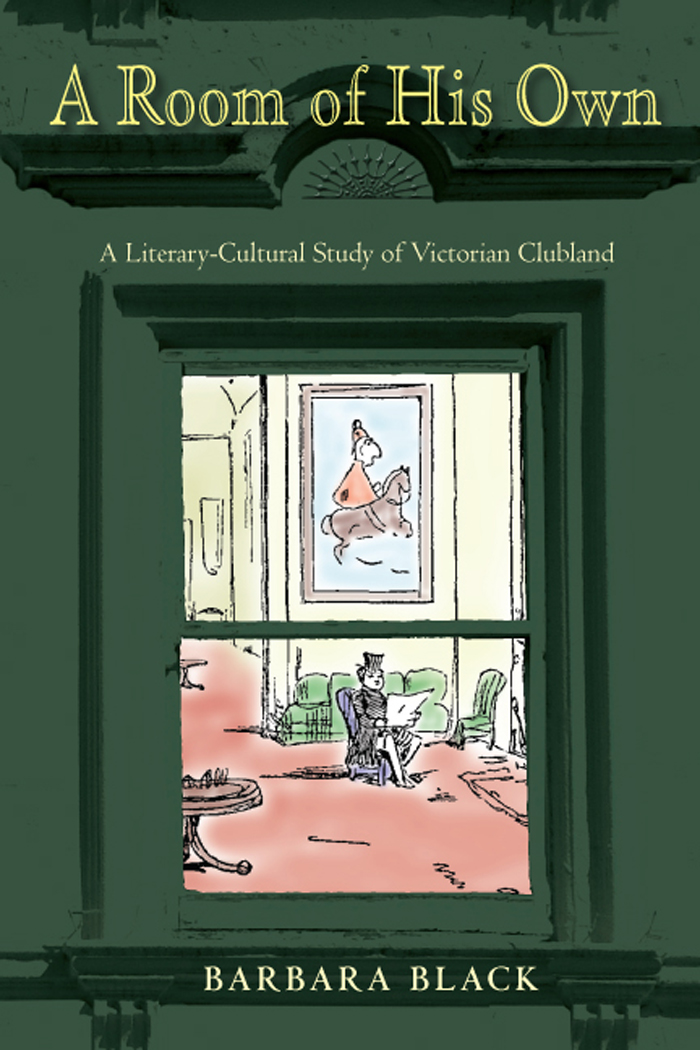
 A Room of His Own
A Room of His Own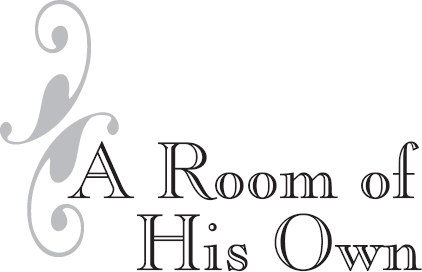
A Literary-Cultural Study
of Victorian Clubland
BARBARA BLACK
OHIO UNIVERSITY PRESS ATHENS
Ohio University Press, Athens, Ohio 45701
ohioswallow.com
2012 by Ohio University Press
All rights reserved
To obtain permission to quote, reprint, or otherwise reproduce or distribute material from Ohio University Press publications, please contact our rights and permissions department at (740) 593-1154 or (740) 593-4536 (fax).
Printed in the United States of America
Ohio University Press books are printed on acid-free paper
First paperback printing in 2014
Paperback ISBN 978-0-8214-2080-5
HARDCOVER 22 21 20 19 18 17 16 15 14 13 12 5 4 3 2 1
PAPERBACK 21 20 19 18 17 16 15 14 5 4 3 2 1
Library of Congress Cataloging-in-Publication Data
Black, Barbara J., 1962
A room of his own : a literary-cultural study of Victorian clubland / Barbara Black.
p. cm.
Includes bibliographical references and index.
ISBN 978-0-8214-2016-4 (hc : acid-free paper) ISBN 978-0-8214-4435-1 (electronic book)
1. English literature19th centuryHistory and criticism. 2. Literature and societyEnglandHistory19th century. 3. ClubsEnglandLondonHistory. 4. MenBooks and readingEnglandHistory19th century. 5. London (England)Intellectual life19th century. I. Title.
PR461.B57 2012
820.9008dc23
2012033506
Chapter 2 Conduct Befitting a Gentleman
Mid-Victorian Clubdom and the Novel
Chapter 4 Membership Has Its Privileges
The Imperial Clubman at Home and Away
For their generous and able assistance, I would first like to thank Marcus Risdell, librarian of the Garrick Club; Sheila Markham, librarian of the Travellers Club; and Simon Blundell, librarian of the Reform Club. I am particularly grateful for their permission to reproduce the materials from their club archives that appear within. As the writer of this book on nineteenth-century British gentlemens clubs, I had many marks against me: an author of the wrong nationality, wrong gender, wrong socioeconomics, wrong century, I was an American professor without any powerful clubland connections. And yet these librarians welcomed me into their archives, in a way disproving the very thesis of this book. I suppose clubs can welcome outsiders after all.
In London, I also have debts to pay to Jeff Gerhardt, senior archivist of the London Metropolitan Archives, for his support and excellent suggestions and deputy librarian Jan Turner of the Royal Geographical Society for tremendously helpful leads on Richard Burton and the Cannibal Club. I thank Peter Urbach of the Reform Club for his time. And I am grateful to Ted Sotir, who provided lodging for me on several London research trips and who graciously took me to my first gentlemens club, the Royal Automobile Club.
Here in the States, I happily belong to a vibrant professional community. My smart colleagues and eager students at Skidmore College have sustained my interest in my topic, and Skidmore has funded parts of the project. My colleague Terence Diggory, whom our department agrees is the ideal generous reader, read the entire manuscript. I thank librarian Amy Syrell for helping to make some of my research possible in upstate New York and Mary Wright in the English Department for technological assistance. She will know what I mean by this. To my friend Jeff Goodell, thank you for reading my opening chapters when I felt most dispirited about the progress of this manuscript. And to my fellow Victorianist Deirdre dAlbertis, working on happiness with you has changed for the better several of my arguments in this book. I value our ongoing association. And to my best reader, Jim Hill, I owe the greatest debt. He has read every word of this manuscript in all its iterations, even when he thought it was obvious why men leave their wives to spend evenings with other men in clubs.
I am fortunate to have worked with Ohio University Press on this bookspecifically, my editors, Joseph McLaughlin and Kevin Haworth and managing editor Nancy Basmajian. I am grateful to the two anonymous readers who urged me to refine and expand several of my key arguments. And I thank the editors of Nineteenth-Century Contexts for permission to reprint .
To my family goes my enduring gratitude. As I worked on this book, I thought often of my father, a Mason in the High Twelve Club No. 629 and a Rotarian (Rotary president, no less) from Elizabethtown, Pennsylvania. Though he lived the associational culture that I investigate here, he was a supportive father to both his sons and his daughters. A fair-minded parent, he, along with my mother, reared a robustly coed family. Ultimately, for him, there was no such thing as a mens-only club. My thanks go particularly to my brother Merle Black who generously talked Churchill for hours with me at the Jersey shore and who, by means of his training and sheer intellect, has always helped me to be a better historian and a more curious reader. My entire family reminds me that wonder and earnestness are worth treasuring.
I dedicate this book to my husband, Jim, and daughter, Mattie, who never tired of returning to Pall Mall and St. Jamess with me. They always knew the right questions to ask and, in a striking act of affiliation, were unfailingly interested in my answers. They strolled those London sidewalks with me, as curious as George Augustus Sala about those red-backed chairs, those glittering chandeliers, and the serenely remote men framed by bow windows that had a strange and lasting effect on each one of us.
This book takes up the gauntlet thrown down by George Augustus Sala long ago when he taunted us with an insiders challenge: Clubbism is a great mystery (Twice, 213). To clarify this mystery and to consider all that it can tell us about Victorian society at the same time as it casts some light on certain fundamental desires in us all, one could do worse than begin with Samuel Johnsons famously spare and sensible definition for a club: An assembly of good fellows, meeting under certain conditions. What it means to be a good fellow who meets with other good fellows and under which conditions is the focus of this book, a study of clubs for men only in nineteenth-century London. Call it the outsiders curiosity, but my interest in such brotherhoods goes way back. It journeys back to the clubhouses of childhood and to the many service clubs (still largely single-sex in my youth) that formed the backbone of civic life in my small American town; to glimpses of my fathers Masonic ring and to references to secret handshakes and fraternal initiations that left me to wonder about his world; to the Skull and Bones world of collegiate secret societies I would encounter later in my life. Next to the computer on which I write this prologue is the Jefferson cup I was awarded at graduation for good scholarly work by the Z Society, a secret organization whose ways and mission I would never fully understand and whose members I would never be able to name. At best, I knew the society only through the insignia they, along with the Seven Society and IMP, left on the brick walls of my universitys buildings. These secret signs were, for me, like the all-seeing Masonic eye that reigns with a legendary but ultimately inscrutable omnipresence.
Font size:
Interval:
Bookmark:
Similar books «A Room of His Own»
Look at similar books to A Room of His Own. We have selected literature similar in name and meaning in the hope of providing readers with more options to find new, interesting, not yet read works.
Discussion, reviews of the book A Room of His Own and just readers' own opinions. Leave your comments, write what you think about the work, its meaning or the main characters. Specify what exactly you liked and what you didn't like, and why you think so.


